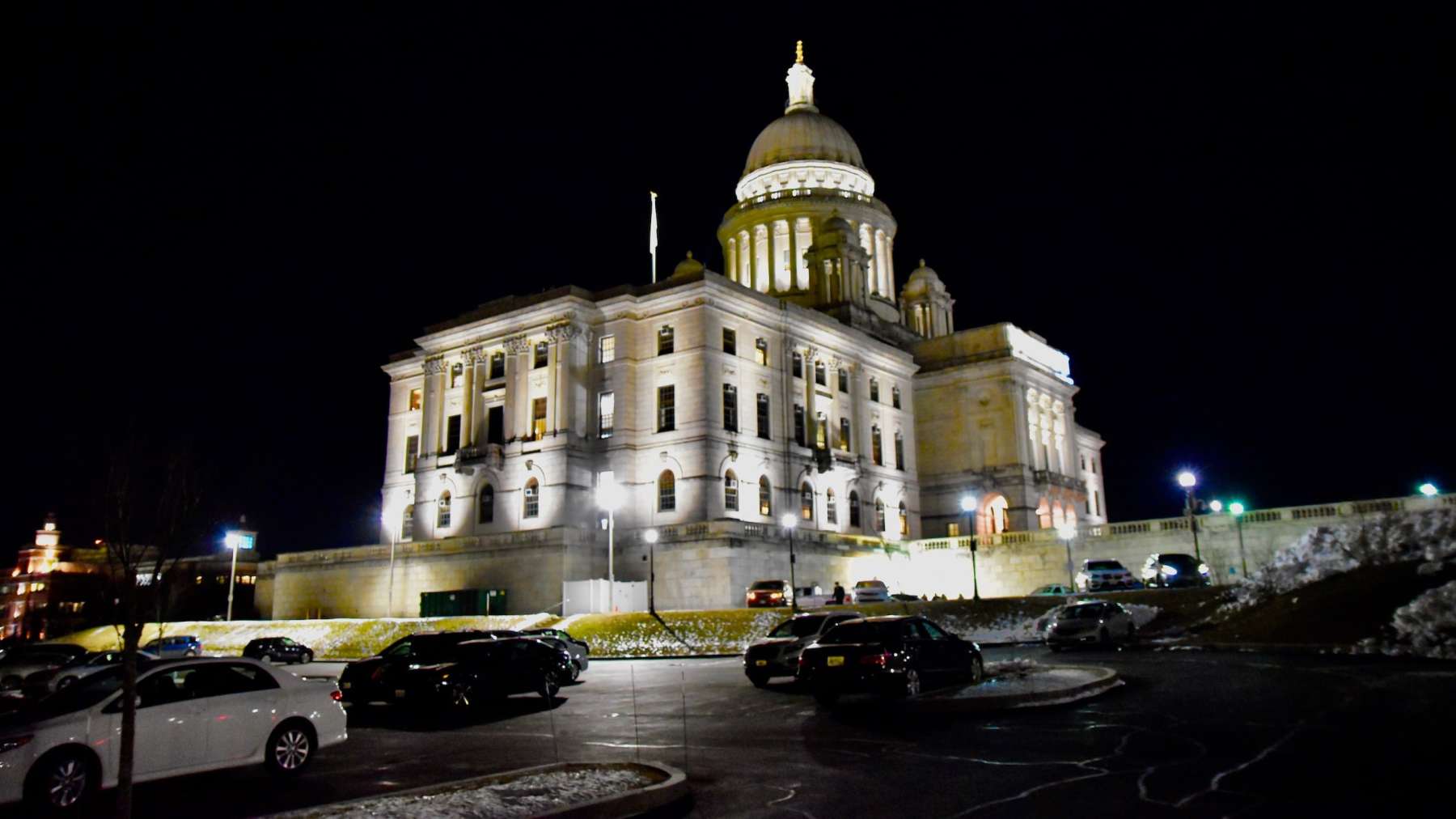Looking beyond RI’s political apathy: How to deepen Democracy in the Ocean State
“It doesn’t take millions of dollars in a single election cycle. It requires vision, which we have. It requires sustained funding, which exists. Although there’s been a lot of excitement around party scandals and political cooperatives, we need to get back to the basics of our lively experiment.” Rhode Island is viewed as blue by two major indicators: our electorate’s
January 31, 2020, 12:00 pm
By Paula Hodges
“It doesn’t take millions of dollars in a single election cycle. It requires vision, which we have. It requires sustained funding, which exists. Although there’s been a lot of excitement around party scandals and political cooperatives, we need to get back to the basics of our lively experiment.”
Rhode Island is viewed as blue by two major indicators: our electorate’s tendency to support Democrats and our federal delegation. The story that isn’t told is just how few people actually participate in that blue electorate. Advocates and critics focus on the deep-seated power held by our Speaker of the House which is a fair critique. In 2016, only seven percent of voters participated in the state primary. This is the real basis for change we should focus on. Here are five recommendations to increase voting rates across the board.
- Nonpartisan Redistricting Commission: In 2016, nearly 70% of voters didn’t have a Republican and Democrat to vote for on their general election ballot and 93% of voters didn’t vote in the primary. We must fix our gerrymandered maps through common sense nonpartisan redistricting that doesn’t involve the Speaker of the House or Senate President hiring their friends to draw the maps.
- Nonpartisan voter guides and turnout programs: Compared to most states, Rhode Island sees little outside investment by political parties or political organizations. Advocates invest in one strategy only – lobbying. Research shows that the two biggest impediments to low information voters from casting a ballot is lack of knowledge about who the candidates are and not feeling informed on their stances on relevant issues. The fights over the Reproductive Privacy Act and marriage equality demonstrate that large scale grassroots education and media coverage matters. Rhode Island has a huge number of nonprofits per capita. If a few issue nonprofits banded together to send voter guides with biographical and issue stance information on every candidate, they could increase voter participation in the state primary and hold every legislator accountable to their positions. This could happen in the mail and digitally.
- Demystify Party committees: As a new homeowner in the 14th Ward of Providence it has been extremely difficult to learn the rules or obtain the names of who is in charge of which party committee. The City of Providence will see tremendous turnover on the City Council given new term limits taking effect in the coming two years. It behooves our local cities and state board of canvassers to make guides for civic engagement clearer. These are the feeders that will bring more people of color and youth into office.
- Eliminate the Party Endorsement: There is no path to tapping the power of the Speaker of the House without first separating his power to pick winners and losers. This is a simple bylaw change and given the latest drama with white supremacists running as so-called Democrats and denial of the Women’s Caucus, it’s about time the people who power the party actually call the shots. Very few states allow for party endorsements, it’s time for the asterisk go away.
- Further reform the Rules of the General Assembly: This is an easy one; once the aforementioned reforms take effect. Vocal opponents and freshman legislators built a lot of noise and attention around this work in 2019 and moved the needle a bit, but we have a lot of work to do. In nearby states like New Hampshire, every bill filed must receive a hearing AND a floor vote. This would change everything to require every state legislator to have the courage to cast a vote on all the issues: mundane and controversial.
Rhode Island’s small scale presents our greatest opportunity and challenge. One statewide leader can know every legislator and district, building a far-reaching network for change. And when that person falls from grace (or goes to prison) the whole system resets around the cult of a new personality.
It doesn’t take millions of dollars in a single election cycle. It requires vision, which we have. It requires sustained funding, which exists. Although there’s been a lot of excitement around party scandals and political cooperatives, we need to get back to the basics of our lively experiment.






